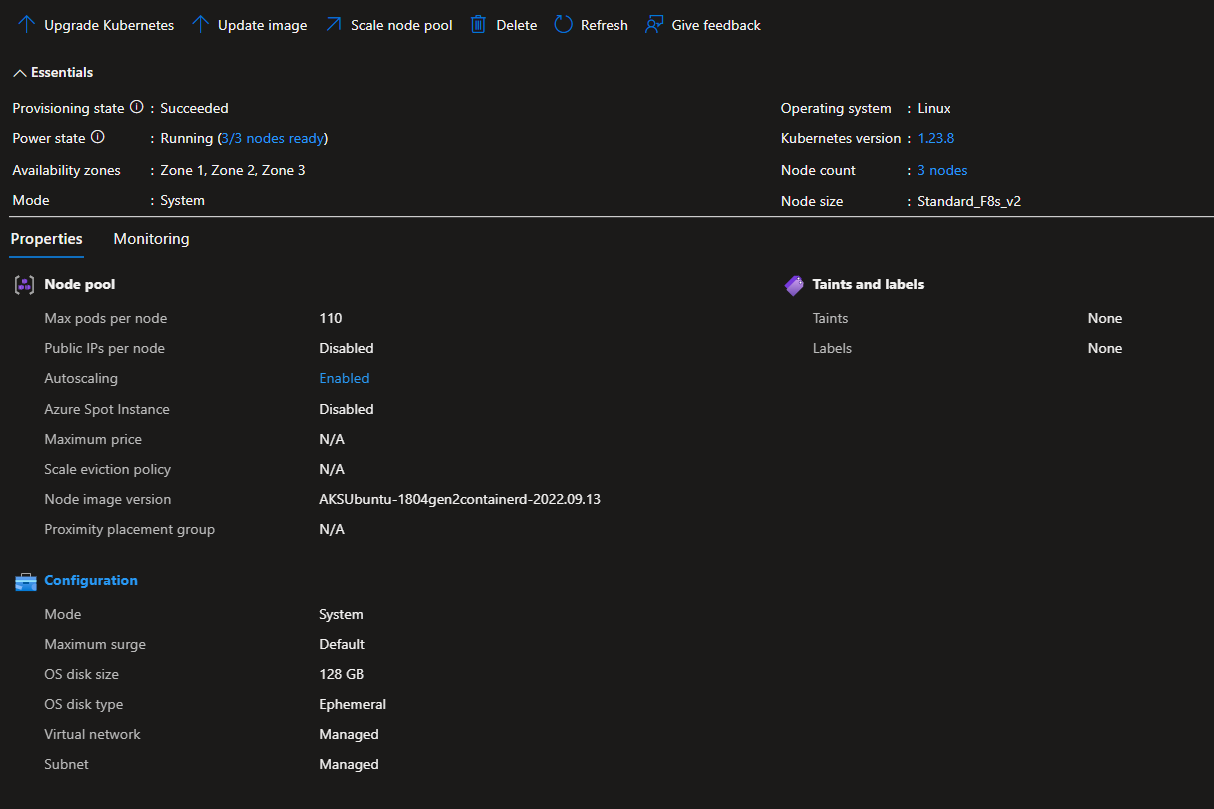I understand you are wanting to set the OS disk for your AKS cluster to ephemeral using the python sdk. This blog post covers lots of helpful information regarding ephemeral disks and AKS, though it does not contain specific information on python. According to this the default should be ephemeral if the VM type supports an ephemeral OS disk. "When a user does not explicitly request managed OS disks (e.g. using the --node-osdisk-type Managed parameter in an az aks create or in an az aks nodepool add command), AKS will default to ephemeral OS disks whenever possible for a given node pool configuration."
Please deploy your cluster using an ephemeral compatible VM. You can verify the cluster is using an ephemeral disk with the command here.
Hope this helps. If you still need assistance, please let me know!
-------------------------------
Please don’t forget to "Accept the answer" and “up-vote” wherever the information provided helps you, this can be beneficial to other community members.


